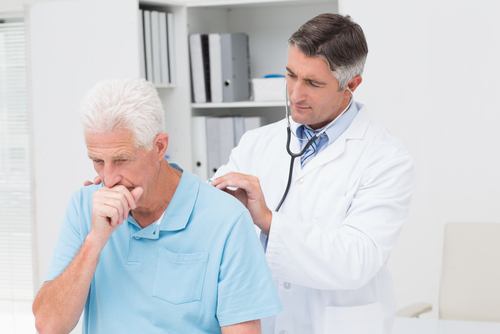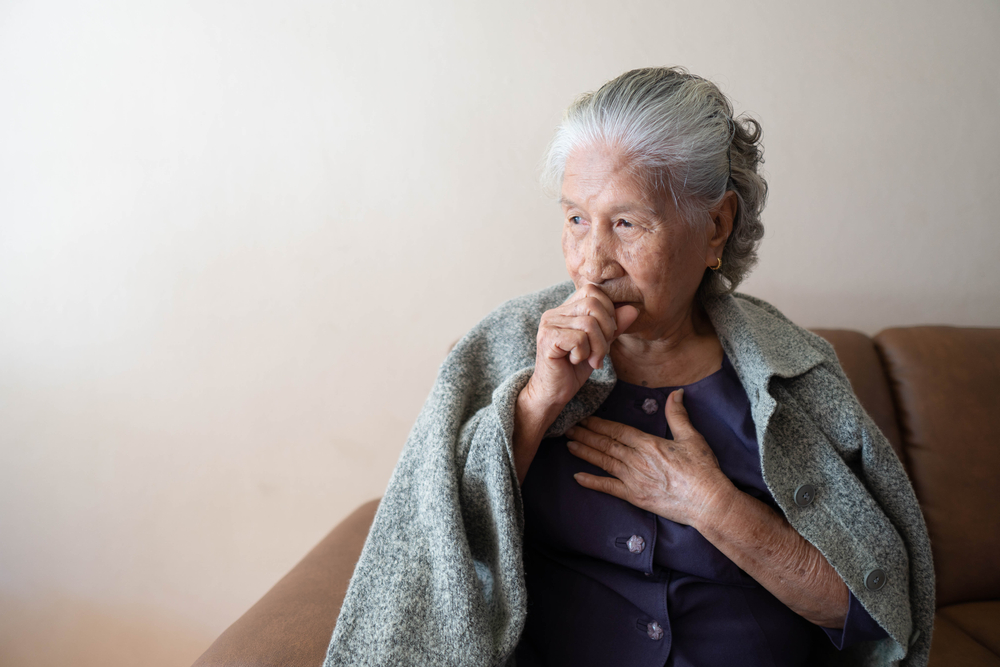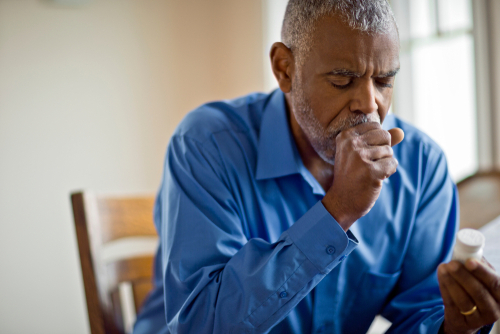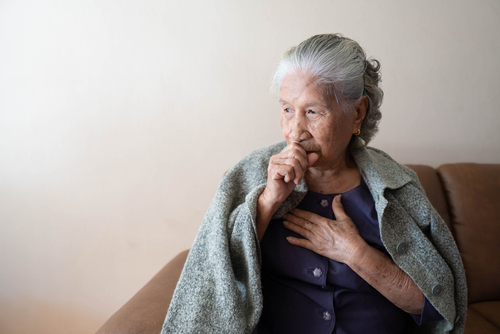Treating Pneumonia in Elderly Adults
Category:

Treating Pneumonia in Elderly Adults
Pneumonia is a lung inflammation caused by either a viral or bacterial infection.
The infection causes the air sacs (alveoli) in the lungs to fill with fluid and pus, which makes it increasingly difficult for the patient to breathe.
The infection also causes symptoms such as fever, chills, shortness of breath, chest pain, and extreme fatigue. Elderly adults are more susceptible to pneumonia than younger people because immune systems seem to weaken with age. Older adults have a harder time fighting off the infection, so prompt and aggressive pneumonia treatment in elderly patients results in the best outcome.
Is Pneumonia Treatable in Elderly Patients?
Pneumonia in elderly adults is the second leading cause of hospitalizations for Medicare beneficiaries. Most people who die from pneumonia are people over the age of 65 and are most likely to develop complications requiring longer hospital stays.
Pneumonia treatment in elderly people should begin as soon as symptoms occur.
Treating pneumonia in elderly patients can include the following therapies:
- Antibiotics for bacterial pneumonia
- Anti-viral medications for viral pneumonia
- Anti-fungal medications for fungal pneumonia
- Medications as prescribed to reduce fever
- Breathing treatments
- Plenty of rest
- Oxygen therapy
The best way to treat pneumonia in elderly patients is for the physician to assess the patient’s overall health and any other diagnosed medical conditions he or she may have. Treating pneumonia in elderly people requires a fine-tuned plan for each individual case. The mortality rate increases if the proper treatment protocol is not established and implemented at the onset of symptoms.
What About Pneumonia Treatment at Home for Elderly People?
Treating pneumonia in the elderly at home is an option if your loved one has a mild case. At the first sign of symptoms, it is important to be evaluated and diagnosed by the physician to assure the treatment prescribed can be safely implemented and administered at home.
Your doctor can give you instructions on how to treat pneumonia at home for elderly loved ones. Follow all recommendations for follow-up appointments and be fully aware of signs or symptoms of the condition worsening.
Most importantly, be sure you have full approval from the doctor to treat the condition at home. Treatment for pneumonia involves curing the infection and preventing complications.
Download Our Heart Health Guide
Here are a few tips for how to treat pneumonia in older adults:
- Take all medications as prescribed.
- Offer plenty of fluids. Popsicles or cool beverages may help control fever.
- Control fever with over-the-counter medications.
- Maintain a clean environment and wash hands before handling food, medications, or the patient.
- Make sure the patient gets plenty of rest.
- Rest doesn’t mean inactivity. Be sure the patient changes positions often and gets up to walk around as often as tolerated. Lack of activity will allow fluid and mucous to accumulate in the lungs.
- Prop pillows up behind the patient while in bed. It will help with breathing.
- Offer foods that the patient will eat to maintain strength. (The old standby, chicken soup full of vegetables, is a good choice!)
If your loved one displays any signs of a deteriorating condition, contact the physician immediately and follow all recommendations.
If you need some assistance while your loved one is recovering, you can contact one of the Griswold Home Care offices in your area to set up a short-term plan for a home care provider.
Subscribe
Date: 2022-07-21
Category:


